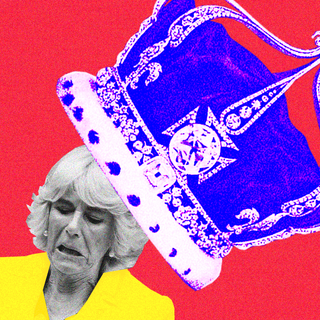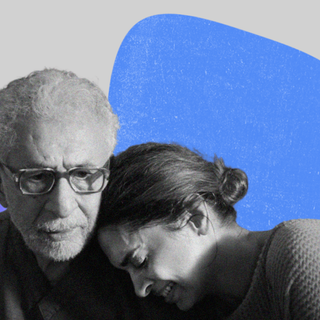Well into the third year of the pandemic, in a liminal state of being neither in nor out of the blight, I’ve found myself less inclined to seek out new forms of media. I find myself gravitating to things I’ve watched and re-watched — like a moth to a flame. Rewatching The Office or Jane The Virgin seemed to offer respite in moments of despair, pandemic-fuelled turbulence, or panic.
Finding comfort in remnants of pop culture isn’t a new phenomenon, although it is a strange one. The science of rewatching is simple and intuitive: we seek out familiar stimuli as opposed to unfamiliar ones during times of stress. We find it comforting — restorative, even — to watch things we’ve already seen because it is easy on the brain, and reduces its cognitive load.
“It can become really therapeutic, especially if you are feeling anxious. Watching the same piece multiple times reaffirms that there’s order in the world and that it can create a sense of safety and comfort on a primal level,” said psychologist Pamela Rutledge.
Another theory called the “mere exposure effect” — also known as the “familiarity” principle — argues that we develop preferences for things simply because they are familiar.
It’s why, despite the rise of “prestige television” and a number of high-quality dramas to choose from, we often settle on low-stakes sitcoms when things get too much. The Office, The Big Bang Theory, and more aren’t on account of their quality, per se. There’s a reason they are grouped into the “feel-good” category — because they do, genuinely, elicit comfort and nostalgia, both pleasant feelings.
“Familiar fare requires less mental energy to process, and when something is easy to think about, we tend to consider it good,” writes Derek Thompson for The Atlantic, explaining this effect in more detail. Clay Routledge, a psychologist, also told Thompson that there are two types of nostalgia at play: historical and autobiographical. “Sometimes, we watch an old movie to extract a fondness about the way things were. Often, we are more self-interested than that… We like repeating pop-culture experiences because they help us remember the past, and the act of remembering the past feels good.”
No wonder, then, that the mere exposure effect is also said to result in sub-optimal decision-making: the decision to watch problematic reruns of shows where nothing much happens may not exactly sound like the best use of our time. But given the over-saturation of events in real life, it is no surprise these are the shows we turn to in order to not have what little stability we have rent asunder for a moment.
“It seems that, in this time of unprecedented choice and quality, the so-called golden age of prestige television, most of us still want to watch half-hour shows about vaguely likable people in which everything turns out OK,” wrote Richard Godwin for The Guardian, calling it the “age of non-event TV.”
Related on The Swaddle:
Why We Love to Hate‑Watch Things
It’s what researchers call the regressive re-consumption: “using entertainment as a time machine to revisit a lost memory.” Psychologists Russell and Levy also suggest there are therapeutic effects to reconsuming entertainment: it provides “emotional regulation” because we know what to expect from things we’ve already seen. In other words, we needn’t anticipate something unexpected — thereby causing more anxiety — from something we’re familiar with already. Not only that, the pay-off from knowing what to expect and seeing it happen — think Ross and Rachel’s first kiss on Friends — is rewarding.
For the comfort they provide to the brain, T.V. reruns are a bit like chicken soup for the weary soul. In fact, a 2012 studyfound that rewatching has restorative powers — it can restore the drive and motivation people need to complete difficult tasks due to losing self-control and willpower.
“People have a limited pool of these valuable mental resources… When they use them on a task, they use up some of this limited resource. Therefore, they have less willpower and self-control for the next task… With enough time, these mental resources will return,” explained Jaye Derrick, from the University of Buffalo. Rewatching is a way to achieve this, precisely because we know what to expect. “When you watch a favorite re-run, you typically don’t have to use any effort to control what you are thinking, saying or doing. You are not exerting the mental energy required for self-control or willpower.”
Rewatching old favorites need not be such a shameful thing, nor does it represent a “waste” of time. It can be the opposite — rejuvenate the soul, soothe anxieties, and be a warm cover of nostalgia to shield us from the relentlessness of change around.




